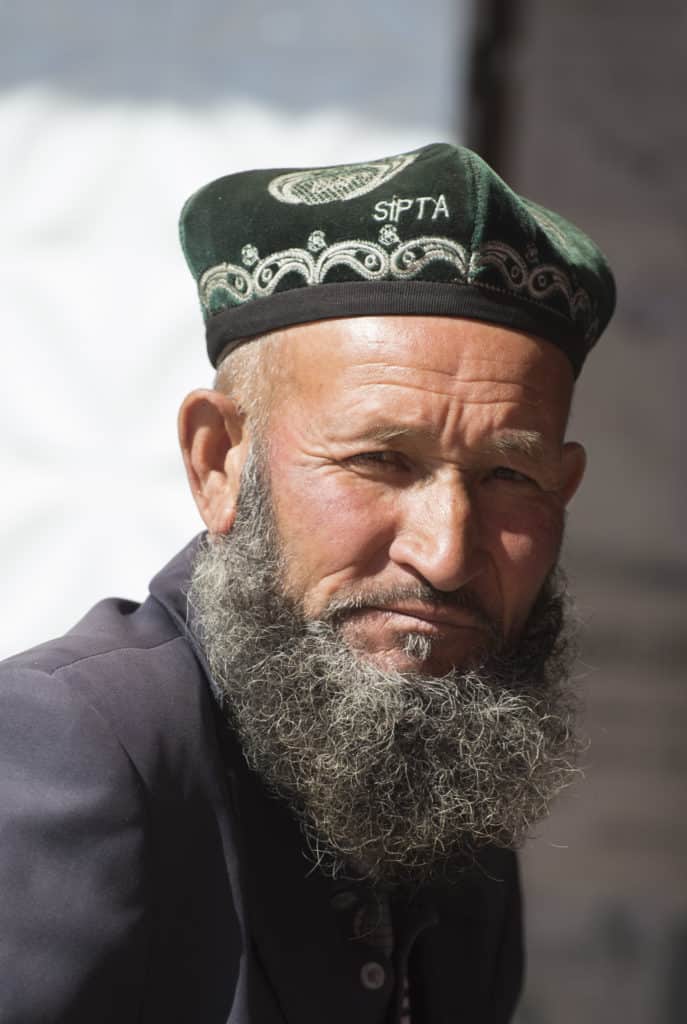No Jihad, Imam or Saddam: China ‘Bans Extreme Islamic Baby Names’ Among Its Muslim Population
Tracy You and Sophie Williams, Daily Mail, April 25, 2017
Chinese authority has reportedly banned the nation’s Muslim parents from giving radical names to their children.
A list of 29 names – including Jihad, Imam and Saddam – are said to bear ‘separatist and religious tendencies’, and have been prohibited by the authority of Muslim-dominant Xinjiang Uighur Autonomous Region, according to media.
Muslims in Xinjiang have already been banned from keeping ‘abnormal’ beards or wearing veils in public places as China hardens its rhetoric on Islam.
The children of those who break the new rule would be denied their legal identity by their local police station, reported Radio Free Asia.
An officer from a police station in Ürümqi, the provincial capital of Xinjiang, is said to have confirmed the rule to a reporter from Radio Free Asia.
The officer said any babies with a banned name would not be able to obtain their Hukou, the birth registration in China. Officers at the Hukou registration counters would receive relevant training to identify what names are allowed.
Xinjiang is home to ethnic people, who follow Islam.

Uighur man in Xinjiang, China in June 2015. (Credit Image: © Hu Liu/UPPA/ZUMA Wire)
The new ban, known as ‘Naming Rules For Ethnic Minorities’, has been introduced to the residents of Xinjiang in the form of flyers, as media suggested.
A number of bans on ‘extremist behaviour’ have been previously introduced in the Xinjiang, home to about 10 million Chinese Muslims.
In March, the country implemented a ban on ‘abnormal’ beards in Xinjiang as a part of the new ‘Regulations on Extremisation of Xinjiang Uygur Autonomous Region’.
Veils are not allowed to be worn in public places and all residents must watch or listen to state media, according to the regulation.
Just a month earlier, authority at Xinjiang’s Bayingol Mongolian Autonomous Prefecture ordered all vehicles to be equipped with GPS-like tracking software in a bid to ‘maintain stability’.
China claims that the legal, cultural and religious rights of Muslims in Xinjiang are fully protected.
However, the nation is also hardening its rhetoric on Islam, with top officials making repeated warnings about the spectre of global religious extremism seeping into the country.
IS released a video in late February purportedly showing Uighur fighters training in Iraq and vowing to strike China, according to the SITE Intelligence Group.
Last month, a top Communist party official from Xinjiang warned political leaders gathered in Beijing that China is becoming destabilised by the ‘international anti-terror situation’.
Over the past year, regional leaders in Xinjiang have ramped up surveillance measures, police patrols and demonstrations amid an uptick in violence blamed on Islamic separatists.
Some scholars question whether global jihadi networks have indeed penetrated the country.
However, top Chinese officials, including those overseeing areas outside Xinjiang, are increasingly echoing certain strands of international discourse to back up claims that Islamic extremism is growing worldwide and needs to be rolled back.















